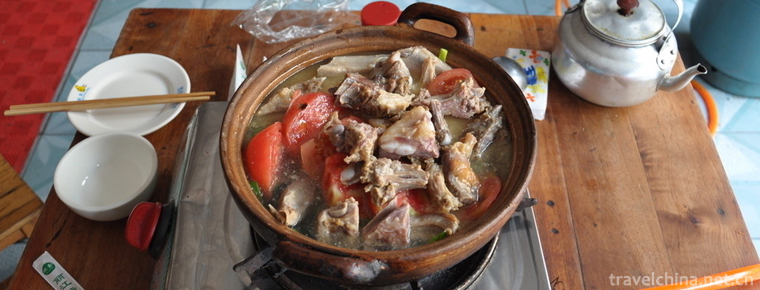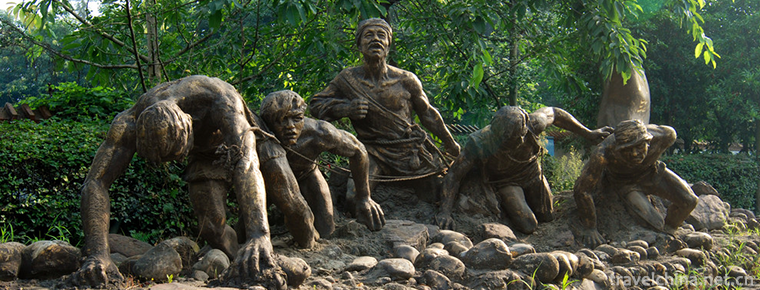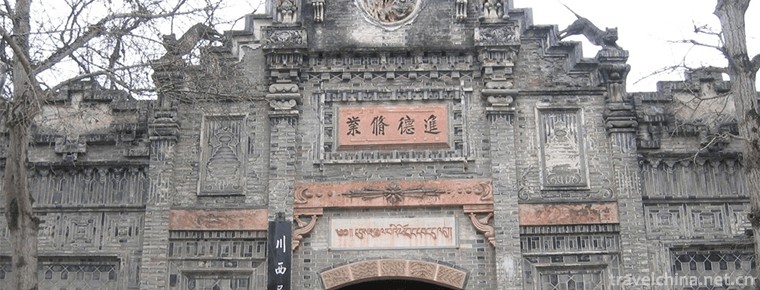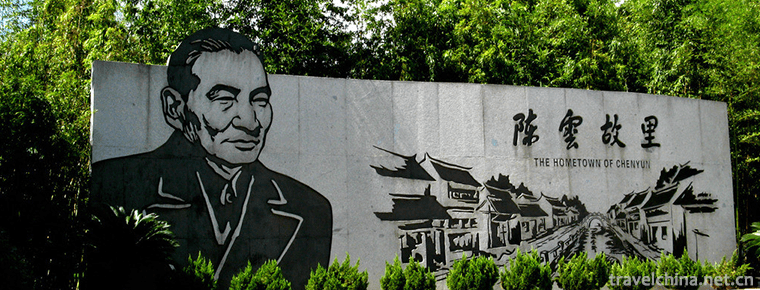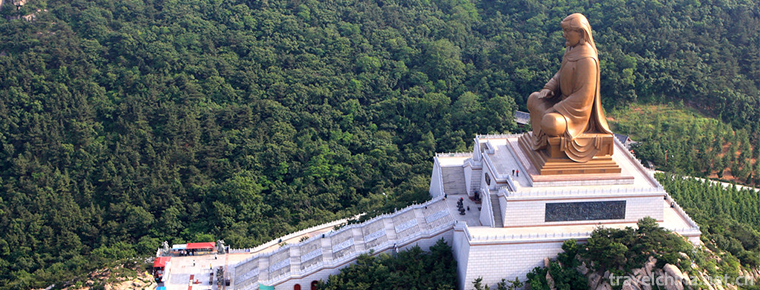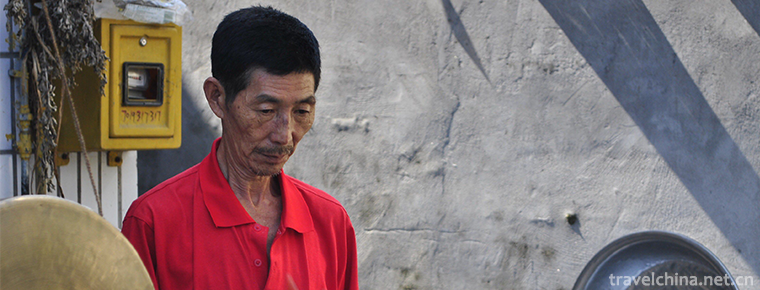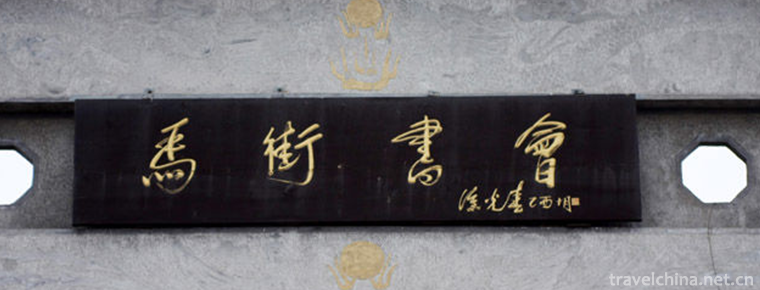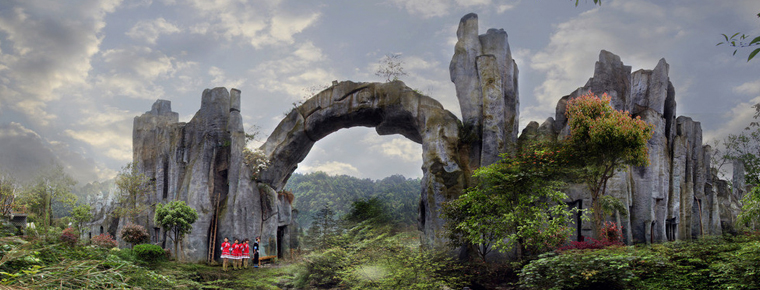Linqu canal
Linqu canal
Lingqu, formerly known as the Qin Digging Canal, Zero Canal, Douhe Canal, Xing'an Canal and Xianggui Canal, is a great project created by the working people of ancient China. Located in Xing'an County of Guangxi Zhuang Autonomous Region, it was drilled into navigation in 214 B.C. Lingqu is one of the oldest canals in the world and has the reputation of "Pearl of Ancient World Water Conservancy Architecture". It flows from east to west, connecting the Ocean River in the east of Xing'an County (headwaters of Xiangjiang River, flowing from south to north) and the Da Rong River in the west of Xing'an County (headwaters of Lijiang River, flowing from north to south).
On August 13, 2018, Lingqu and other four projects were included in the World Irrigation Heritage List of 2018 (the fifth batch).
historical significance
The Lingqu's digging has connected the Xiangjiang River and Lijiang River, opened up the water passage between the north and the south, and provided an important guarantee for the Qin Dynasty to unify Lingnan. A large number of grain and grass were transported to Lingnan by water, and sufficient supplies were provided. In 214 B.C., the year Lingqu was opened to navigation, Qin soldiers conquered Lingnan, and then established Guilin, Xiangjun and Nanhai counties to formally incorporate Lingnan into the territory of the Qin Dynasty.
Lingqu connects the Yangtze River and the Pearl River, forming a water transport network throughout East China and South China. Since the Qin Dynasty, it has played a positive role in consolidating national unity, strengthening political, economic and cultural exchanges between the North and the South, and closing the contacts of people of all ethnic groups. Although Lingqu has been renovated for generations, it still plays an important role.
World Heritage Site
On August 13, 2018, the 69th International Executive Council of the International Irrigation and Drainage Commission, held in Saskatoon, Canada, announced the list of World Irrigation Heritage Sites in 2018 (the fifth batch). Among them, Lingqu and other four projects in China have all been declared successful.









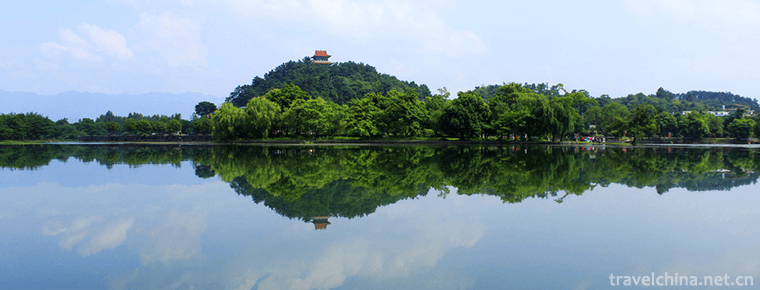
-
Shennong Creek Scenic Area
Shennongxi, originating from the main peak of Shennongjia, flows through Badong County, Hubei Province. It travels from north to south through deep mountain canyons, and converges into the Yangtze Riv.
Views: 146 Time 2018-12-12 -
Dayi Liushi Manorial Museum
Dayi Liu Manor Museum, located at No. 15 Jingui Street, Anren Town, Dayi County, Chengdu City, Sichuan Province, is one of the most important historical sites and representative buildings in modern Ch.
Views: 203 Time 2018-12-26 -
Chen Yuns former residence and Qingpu Revolutionary History Memorial Hall
Chen Yun's former residence and the Qingpu Revolutionary History Memorial Hall are the only Memorial Hall in the country that systematically demonstrates Chen Yun's life achievements approved by the C.
Views: 126 Time 2019-01-05 -
Chishan Scenic Area Shidao
Chishan Scenic Area of Shidao, located in the Shidao Management Area of Rongcheng City, the easternmost end of Shandong Peninsula, is a national 4A-level tourist attraction.
Views: 157 Time 2019-02-08 -
Engraving Printing Skills
Engraving printing technology, Yangzhou City, Jiangsu Province, local traditional handicraft, one of the national intangible cultural heritage..
Views: 393 Time 2019-04-27 -
Fuzhou bodiless lacquerware decoration skills
Fuzhou bodiless lacquerware decoration technology, Fuzhou, Fujian Province, local traditional handicraft, one of the national intangible cultural heritage..
Views: 172 Time 2019-04-30 -
Liang Pings Gong and drum
Liangping Gong and drum is a kind of traditional folk instrumental music spread in Liangping District of Chongqing. In Liangping, the predecessors said that "Shu people Chao shan, gongs and drums.
Views: 292 Time 2019-05-13 -
Ma Street book fair
The Majie Book Club is a grand Chinese folk music festival. Located 5 kilometers south of Baofeng County, Henan Province, it is a "pilgrimage site" for rap artists all over the country. Ever.
Views: 158 Time 2019-05-15 -
Scratch sheep race
The Naoyang Competition is a traditional Chinese folk custom activity mainly in Xinzhou City, Shanxi Province. It's a wrestling competition with a live sheep as a prize. In the countryside, "scra.
Views: 108 Time 2019-06-07 -
Beijing Police College
Beijing Police College is a full-time general undergraduate college approved by the Ministry of Education, sponsored by the Beijing Municipal People's Government, administered by the Beijing Public Se.
Views: 114 Time 2019-09-06 -
Yamugou scenic spot
Yamugou scenic spot is located on the Bank of Taiping River (a famous scenic spot in Guizhou Province) in Jiangkou County, Tongren City, Guizhou Province, adjacent to Fanjing Mountain (National Nature Reserve, China's top ten famous summer resort). .
Views: 154 Time 2020-10-13
